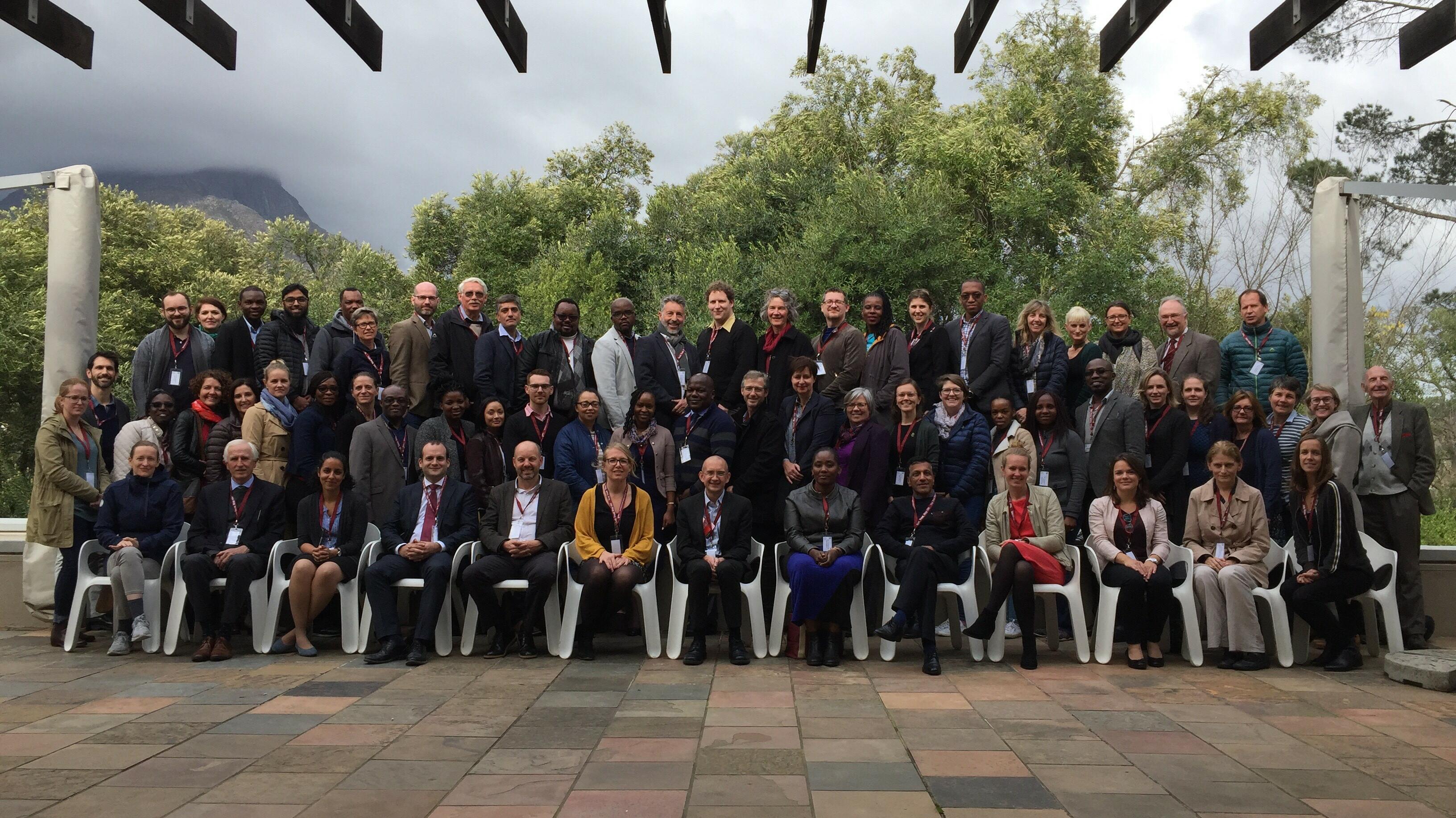
Last week 68 delegates from 13 countries congregated at the first ever symposium focused on Post-TB lung disease. More than 27 institutions and more than 13 different disciplines were represented at the Symposium held at the STIAS Institute, Stellenbosch, South Africa, including adult pulmonologists, paediatricians, radiologists and physiotherapists.
The World Health Organisation (WHO) estimates that approximately 54 million people survived TB between 2000 and 2017 alone, and there is increasing evidence of long-term respiratory complications following TB in a proportion of these patients which prevents them from returning to normal life.
The need to take action on this important issue was highlighted at the 49th Union World Conference on Lung Health hosted in the Netherlands last year. A workshop on the topic of post-TB respiratory disorders made the programme for the first time and resulted in an initiative to start a post-TB lung disease working group within the Lung Health section of the Union.
With support from researchers and clinicians in the field of lung-health, and some financial backing from IMPALA, the first ever Post-TB Symposium was born. The 2-day programme consisted of talks and workshops, with several patient advocates joining the symposium to share their candid experiences of life after TB.
Organiser Brian Allwood said, ‘The symposium succeeded in highlighting both what is known and perhaps more importantly what is not known about these estimated 54 million survivors of TB. I hope the symposium will act as an important first step to generate advocacy and inspire a new wave of research into an important issue.’
Other comments from delegates included:
‘It was great to have a symposium addressing a crucial public health problem which has not yet been given the priority it deserves.’
‘Research is needed urgently to explore the pharmacological, nonpharmacological management and preventive measures of Post-TB Lung Diseases’
‘An excellent start to collaboratively tackling a critical area of health, we made new connections and developed a clearer game plan.’